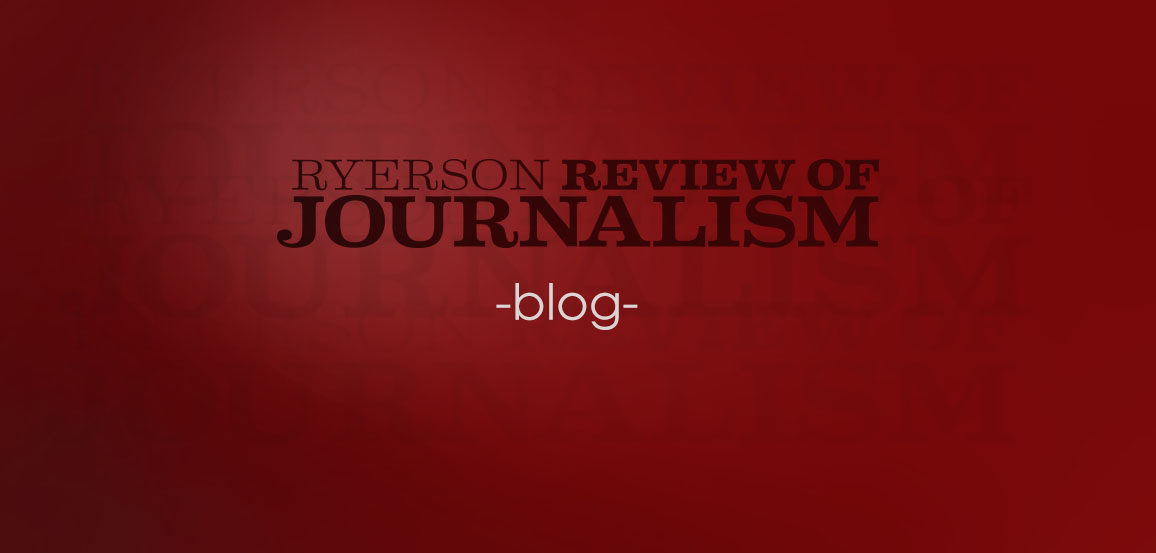In the past two months, social media outlets and the news have been flooded with accounts of protests and freedom in the Middle East and North Africa. As I write, reporters are cover efforts by the Canadian government to get its citizens out of Libya. But are audiences missing out? What constraints are mainstream media putting on themselves?
The mainstream media has concentrated on reporting about the violence and danger, and has been cautious to criticize dictatorships and regimes. Television screens have been flooded with images of soldiers and protesters pitted against each other but rarely delving into the reasons behind the protests and what they means for the region as a whole. In December’s New Internationalist, journalist John Pilger says, “The coverage of war (or uprisings) should be this eyewitness but it should also try to tell us why. That means journalists not colluding but investigating.” In coverage of the recent events in the Middle East and North Africa journalists have been quick to report eyewitness accounts especially through Twitter, but might be slower to conduct deeper investigation.
KimElliott, publisher of Rabble.ca, an alternative news site, has seen mainstream Canadian media shift in how they present the protests in Tunisia, Egypt and Libya. “Some of the weakest coverage I saw on Canadian TV was on CBC,” she said. Presumably to appear balanced the CBC continued to name the clashes between the thugs hired by the Mubarak government to turn protests violent as “pro-Mubaraksupporters fighting against anti-Mubarak protesters”. This identified the two parties as equal, at a time when Al Jazeera had identified the pro-Mubarak people as paid provocateurs and CNN was calling them “thugs”. This coverage was featured when the Canadian government continued to support the regime while the rest of the world called for his resignation. “The critical coverage of this stance seemed underplayed,” Elliott adds.
Likewise, mainstream media fears the “anti-Semitic” label when covering stories in another part of the Middle East, Israel-Palestine. “Many self-censor from criticizing Israel in their coverage, or from reporting simple factual stories about Israel’s actions in some instances, for fear of being labeled anti-Semitic,” says Elliott. In her view, being critical doesn’t necessarily mean being anti-Israel either. “One isn’t anti-Canada when we criticize an action of the Harper government, right?”
At the same time, journalists have been jumping from place to place, adding to “hot spot journalism”. “Certainly there is value to having on the ground coverage in a sustained way, and the attempts to intimidate journalists and create a media black out by the Egyptian and other governments illustrate how important it is to have media on the ground. But one has to wonder if resources would be better to spent in pooling coverage,” Elliott suggests. Journalists found their way to the region without knowing how to contextualize the news stories. Mainstream media reporters did arrive in Cairo the weekend before intense violence erupted, but a number of them didn’t have experience covering the region or a fragile political zone. Most then left before the turning point because their organizations couldn’t afford sustained coverage. It is the audiences that suffer from this incomplete coverage and analysis.
In order for coverage to shift though, the mainstream media has to prioritize this kind of presentation. News organizations could reconsider how much money they spend on covering international issues, besides the States and Europe. Pooling resources might mean not every organization would need a journalist to cover the protests, but rather having access to journalists already in the place who clearly understood the context. With alternative sources, the biggest restraint is their budget. “Where we have an advantage,” says Elliott, “is in credibility among advocacy and non-profit organizations working on the ground.” Alternative media may not have the budget to be on the ground, but their coverage is not self-censored out of concern for government or corporate funders.
What may spur a change in mainstream media? Al Jazeera’s arrival may force other mainstream media to improve their coverage of the Middle East, but that’s not a sure thing. For new journalists and those continuing to cover the region, it is best to read from a variety of political perspectives and ask as much as possible to understand the whole context before you report.
If you’re looking for sources of critical and fuller coverage of protests and tensions in the Middle East and North Africa, try these sites: Al Jazeera, Democracy Now and the Guardian.
About the author
Miriam Spies was the Associate Editor for the Summer 2011 issue of the Ryerson Review of Journalism.
